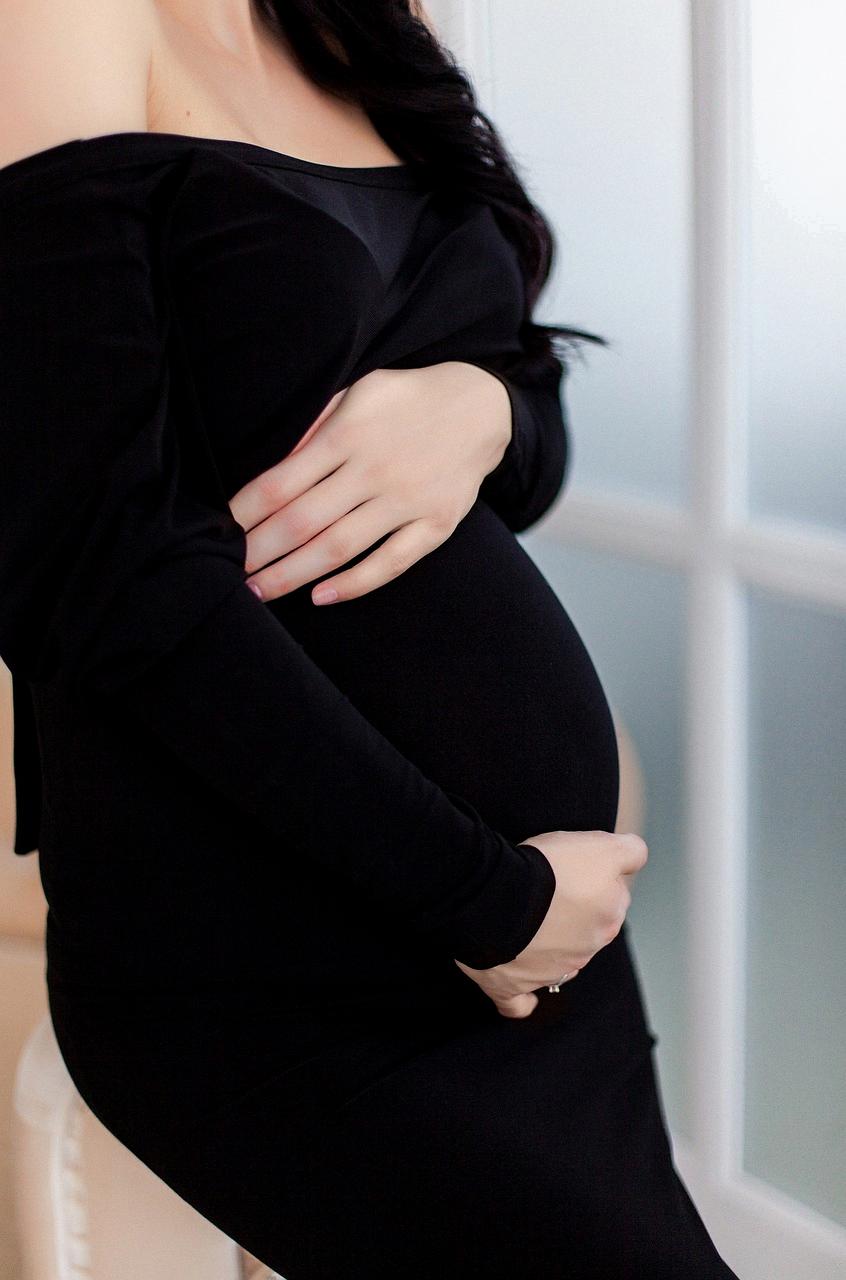During pregnancy, a woman’s body goes through several physical changes, including hormonal shifts and increased blood flow. These changes can lead to various discomforts, one of them being hemorrhoids. Hemorrhoids are swollen veins in the rectal area that can cause pain, itching, and discomfort. When pregnant, the growing uterus puts pressure on the pelvic veins, resulting in the development or exacerbation of hemorrhoids.
Increased Pressure on the Pelvic Area
The primary reason why hemorrhoids tend to flare up during pregnancy is the increased pressure on the pelvic area. As the uterus expands to accommodate the growing baby, it puts added stress on the blood vessels in the rectal region. This pressure slows down the return of blood from the lower body, leading to engorged veins and the formation of hemorrhoids.
Hormonal Changes and Constipation
Furthermore, hormonal changes during pregnancy can also contribute to the development of hemorrhoids. The hormone progesterone, which is elevated during pregnancy, can relax the walls of blood vessels, making them more susceptible to swelling and inflammation. Additionally, progesterone can slow down the intestinal transit time, leading to constipation, which is a common trigger for hemorrhoids.
Straining During Bowel Movements
Constipation resulting from hormonal changes and the pressure of the growing uterus can cause pregnant individuals to strain during bowel movements. Straining puts additional pressure on the rectal veins, further exacerbating the risk of developing or aggravating hemorrhoids. It is essential to maintain good bowel habits and address constipation promptly to prevent straining.
Dietary Factors and Hydration
Inadequate fiber intake and not drinking enough water can also contribute to constipation during pregnancy. A diet lacking in fiber can lead to hard and dry stools, making bowel movements more challenging and increasing the likelihood of straining. Staying hydrated and consuming a fiber-rich diet can help regulate bowel movements and reduce the risk of hemorrhoid flare-ups.
Weight Gain and Lifestyle Choices
Weight gain during pregnancy can also play a role in the development of hemorrhoids. Excess weight puts additional pressure on the pelvic veins, increasing the risk of swelling and inflammation. In addition to weight gain, sedentary lifestyle choices can contribute to poor circulation and constipation, both of which are risk factors for hemorrhoids.
Genetic Predisposition and Family History
Some individuals may be genetically predisposed to developing hemorrhoids due to weak vein walls or an inherited tendency towards varicose veins. If there is a family history of hemorrhoids, pregnant individuals may have a higher likelihood of experiencing hemorrhoid flare-ups during pregnancy. Understanding one’s genetic predispositions can help in managing and preventing hemorrhoids.
Pressure on Rectal Blood Vessels
As the baby grows in the uterus, the pressure on the rectal blood vessels increases, leading to congestion and swelling. The enlarged uterus can directly compress the pelvic veins, hindering normal blood flow and causing the veins to become engorged. This pressure on the rectal blood vessels is a significant factor in the development of hemorrhoids during pregnancy.
Preventive Measures and Management
To prevent hemorrhoid flare-ups during pregnancy, it is essential to adopt healthy habits that promote regular bowel movements and reduce pelvic pressure. This includes consuming a high-fiber diet, staying hydrated, engaging in regular physical activity, and avoiding prolonged periods of sitting or standing. Additionally, practicing good hygiene and using gentle, fragrance-free wipes can help alleviate symptoms and prevent further irritation.
Consultation with Healthcare Provider
If pregnant individuals experience persistent or severe hemorrhoid symptoms, it is crucial to consult with a healthcare provider for proper evaluation and management. Healthcare professionals can offer guidance on safe treatment options and lifestyle modifications to alleviate discomfort and promote healing. Open communication with medical professionals is vital in addressing hemorrhoid-related concerns.
Conclusion
In conclusion, hemorrhoids can flare up during pregnancy due to a combination of factors, including increased pressure on the pelvic region, hormonal changes, constipation, dietary habits, weight gain, genetic predisposition, and lifestyle choices. By understanding the underlying causes of hemorrhoids during pregnancy and implementing preventive measures, individuals can effectively manage and reduce the risk of experiencing discomfort associated with hemorrhoid flare-ups. Prioritizing overall pelvic health and seeking timely medical advice are essential steps in ensuring a comfortable and healthy pregnancy journey.

